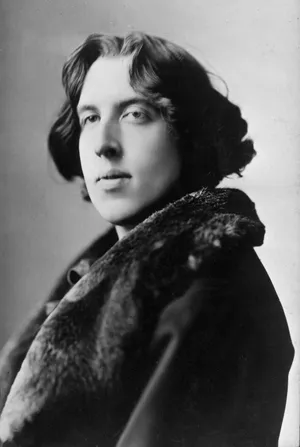Oscar Wilde
Author:
Oscar Wilde
Date of birth: 16-Oct-1854
Place of birth: Dublin, Ireland
About the author:
Oscar Wilde (1854–1900) was an Irish playwright, poet, novelist, and wit, celebrated for his sharp humor, flamboyant style, and lasting impact on literature and society. His works remain classics of late 19th-century literature and continue to influence theatre, fashion, and cultural conversations about art and identity.
Born on October 16, 1854, in Dublin, Ireland, Wilde was the son of intellectuals and grew up in a household that encouraged learning and creativity. He attended Trinity College, Dublin, and later Magdalen College, Oxford, where he excelled academically and developed a love of classical literature and aesthetics.
Wilde became known for his sparkling conversational skills, dandy persona, and advocacy of the Aesthetic Movement, which valued "art for art's sake." He rose to literary fame with witty plays such as Lady Windermere’s Fan (1892), The Importance of Being Earnest (1895), and An Ideal Husband (1895), which combined social satire with clever dialogue and timeless themes.
His only novel, The Picture of Dorian Gray (1890), remains a seminal work of Gothic fiction and explores themes of vanity, moral corruption, and the duality of human nature. Wilde also wrote poetry and fairy tales that showcased his lyrical style and imaginative flair.
Despite his success, Wilde’s career and life were tragically cut short after his conviction for "gross indecency" due to his homosexual relationships—then illegal in Britain. He was imprisoned from 1895 to 1897, during which time his health deteriorated.
Oscar Wilde died in Paris on November 30, 1900, at the age of 46. Posthumously, he became a symbol of artistic freedom and the fight for LGBTQ+ rights. Today, Wilde is remembered not only for his brilliant literary legacy but also for his enduring wit, charm, and courage in the face of social persecution.

This page was updated on: 1st September 2024

